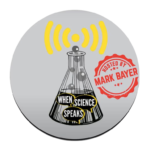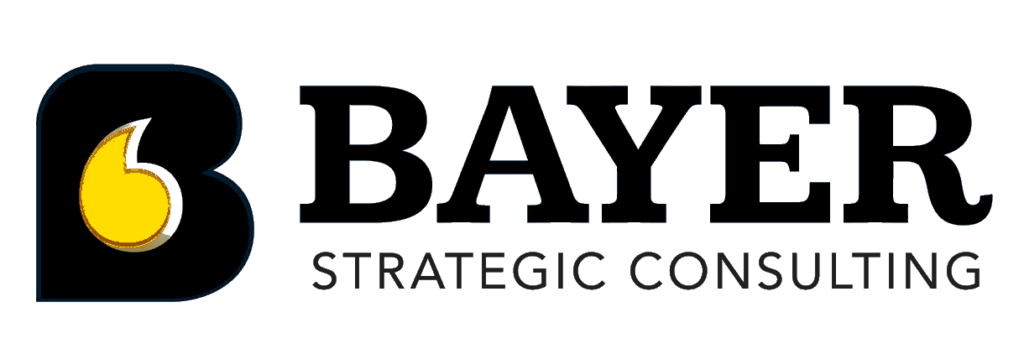Alternative Facts, Fake News and Scientists-For-Hire with Former OSHA Director, David Michaels, PhD
David Michaels, PhD is an epidemiologist and professor at the George Washington University School of Public Health. He was Assistant Secretary of Labor for Occupational Safety and Health from 2009-2017, the longest serving head of OSHA in its history, and was Assistant Secretary of Energy for Environment, Safety and Health from 1998-2001, charged with protecting workers, residents and the environment around US nuclear weapons facilities.
Under David’s leadership, OSHA strengthened exposure standards for silica and beryllium, and issued new rules on safety while greatly increasing the agency’s focus on the healthcare industry. He also issued OSHA’s first compliance guide and recommended practices for employers for preventing and addressing retaliation against whistleblowers who raise safety concerns.
David’s current work is on the relationship between safety and health management systems, operational excellence and sustainability, a topic on which he lectures frequently, and on improving the protection of workers exposed to COVID-19 as the economy reopens.
David is a leader in efforts to protect the integrity of the science underpinning public health and environmental protections, and is author of numerous articles in leading scientific publications, as well as “Doubt is Their Product” (Oxford University Press, 2008) and “The Triumph of Doubt: Dark Money and the Science of Deception” (Oxford University Press, 2020). David’s article co-authored with Gregory R. Wagner, MD entitled “Occupational Safety and Health Administration (OSHA) and Worker Safety During the COVID-19 Pandemic” was just published by the Journal of the American Medical Society – otherwise known as JAMA.
On today’s episode, Mark and David discuss a range of issues related to misinformation about COVID-19, David’s new book “The Triumph of Doubt”, and other topics including:
David’s work with the National Academy of Sciences on the equitable dIstribution of a COVID-19 vaccine whenever it’s deemed safe and effective
What David means by the “science of deception”, a term he uses in his latest book, and whether there are ways to inoculate against its spread
The idea that historically science is supposed to be apolitical – has that notion ever reflected reality if we understand politics to be about power within a society and the ability to shape community behavior
Thinking about the current proliferation and consumption of misinformation and disinformation, particularly around topics grounded in science such as global warming and vaccine safety and efficacy, are we seeing something that’s a difference in scale or in kind – meaning have we seen this type of dynamic before, but now it’s supercharged by social media, for example, or is the current environment something new and different, and perhaps more dangerous
Are there particular topics that lend themselves to distortions, and are there specific antidotes that have proven effective in waking up the public, if you will, to the mirage concocted by scientists-for-hire
As a trained scientist, former Professor at the City of New York Medical School, and an expert in epidemiology and biostatistics, among other related topics, David Michaels is a “quant jock”, if you will. As a political appointee and head of OSHA, he also is adept at navigating the policymaking terrain, where data are only one factor to be considered in formulating policy. Does a reliance on data and evidence – sometimes to the exclusion of other factors such as emotional arguments and appeals to shared values – hamstring scientists involved in policymaking who aren’t trained or accustomed to these powerful forces in the policy ecosystem, and what can scientists and the institutions that train them do to address this issue
When David was leading OSHA and interacting with policymakers in Congress, what sort of arguments in support of OSHA policies did he find particularly persuasive
Given the existential threat to human health posed by this environment of manufactured doubt, what can listeners do in an effort to turn the tide

